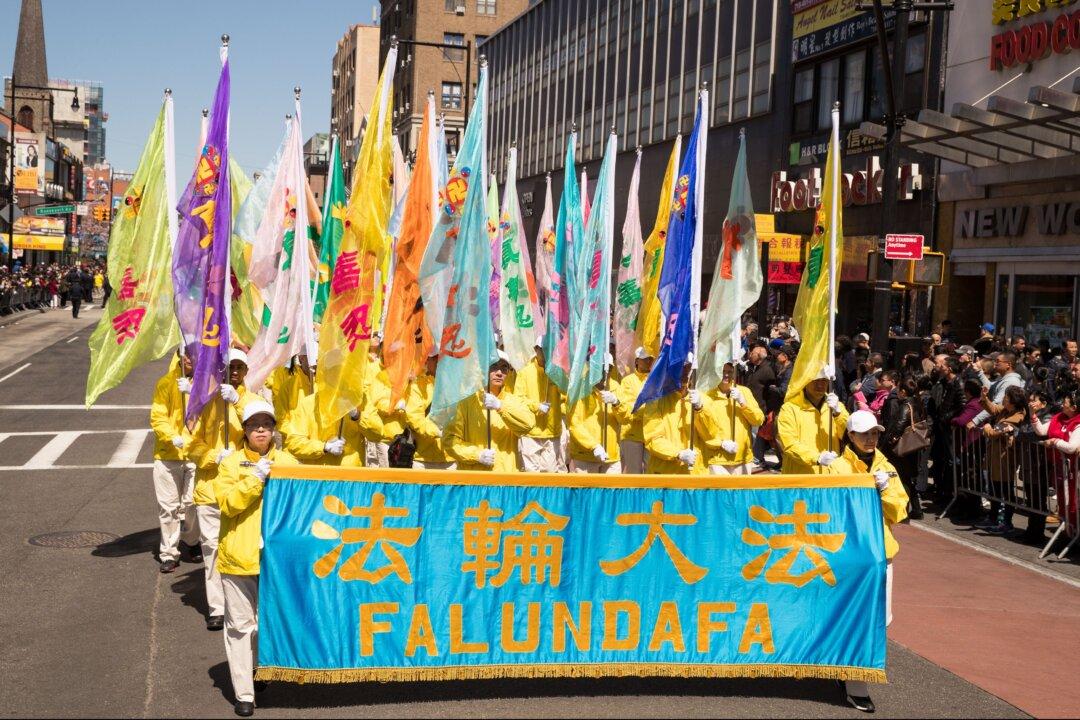NEW YORK—Nearly 20 years ago on April 25, 1999, more than 10,000 followers of the spiritual practice Falun Gong gathered on the streets of Beijing to silently appeal for the right to practice their faith, without persecution.
That day, the sidewalks near the compound of the Chinese Communist Party leadership were filled with polite, peaceful meditators wondering why the police had started arresting their friends.





